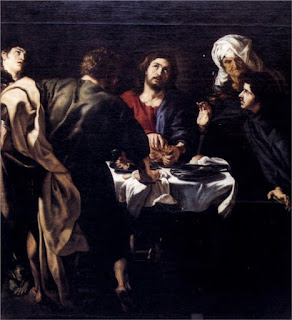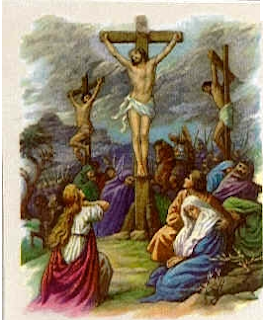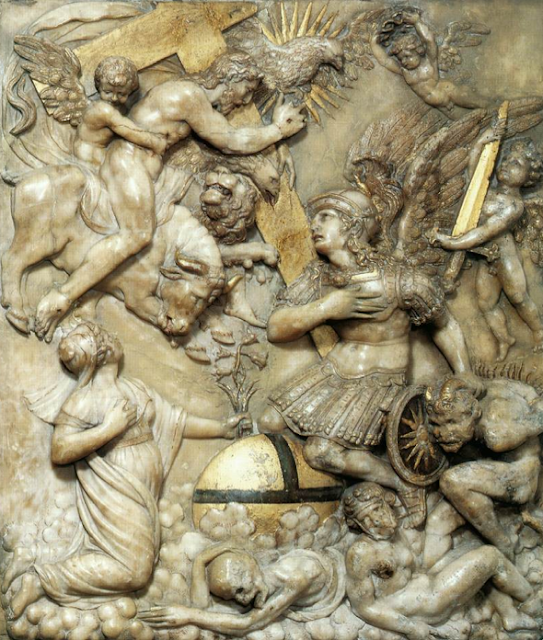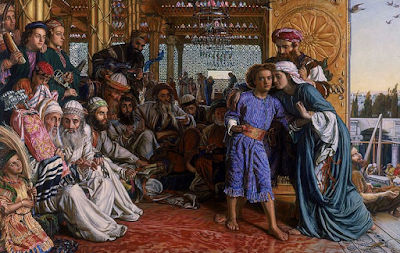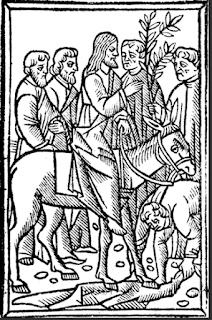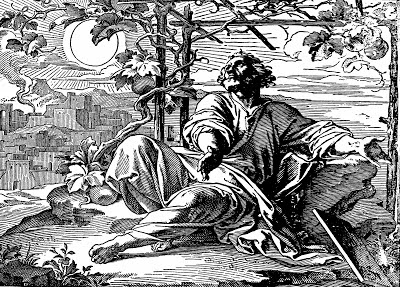 |
| Tent anchored with tent pegs (Image: pixabay.com) |
TO CHEW ON: "From him [Judah] comes the cornerstone,
From him the tent peg,
From him the battle bow
From him every ruler together." Zechariah 10:4
In this passage, which Bible scholars believe to be prophetic of Messiah, we get some interesting metaphors. Messiah is likened to a:
"Cornerstone": As part of a building, the cornerstone can be ceremonial but is most often used in the Bible to signify an essential, indispensable, and basic element of the Kingdom of God. Jesus referred obliquely to Himself as the cornerstone in Matthew 21:42-44, Paul referred to Jesus as the cornerstone in Ephesians 2:20, as did Peter in 1 Peter 2:6-8.
"Tent peg": Israelites used tent pegs in much the same way we do: "…the [tent] covering is spread over poles, which are fastened in the ground. The edges of the cover have leather loops, to which are attached cords of the tent, which are sometimes stretched out tight and fastened to the ground by means of iron or wooden pins…" - James M. Freeman, Manners and Customs of the Bible, p. 244, 245.
"Battle bow": "The war bow used in fighting" - Easton's Bible Dictionary.
"Ruler" - This is not so much a metaphor as a statement of how Messiah is related to the people. He is the ruler of rulers. I like how the Amplified Bible puts this verse: "Every ruler shall proceed from him" - Zechariah 10:4 AMP.
My Bible's notes give this cryptic interpretation of Zechariah 10:4:
"The Messiah is the cornerstone, the tent peg on which humankind's destiny hinges, the battle bow that conquers, and the ruler over all" - D. W. Shibley, New Spirit-Filled Life Bible, p. l259.
Is Jesus, who we believe is the fulfillment of these Messiah prophecies, these things to us:
- Our cornerstone—the foundation and essential element of our faith (Ephesians 2:19-22)?
- Our tent peg—that earthly connection of our human tent to God the Father (Romans 14:8)?
- Our battle bow—the weapon by which we conquer our own sinful bent and wage war on the sin around us (2 Corinthians 10:3-6)?
- Our ruler—the boss of bosses to us (Galatians 2:20)?
PRAYER: Dear Father, thank You for Jesus, who fulfilled these Messianic prophecies of the Old Testament and is still at work in the world and in me through the Holy Spirit. May He be my cornerstone, tent peg, battle bow and supreme ruler today. Amen.
*********
Unless otherwise noted all Scripture quotations are taken from the New King James Version®. Copyright © 1982 by Thomas Nelson, Inc. Used by permission. All rights reserved.
Scripture quotations marked AMP are taken from the Amplified® Bible,
Copyright © 1954, 1958, 1962, 1964, 1965, 1987 by The Lockman Foundation
Used by permission." (www.Lockman.org)


